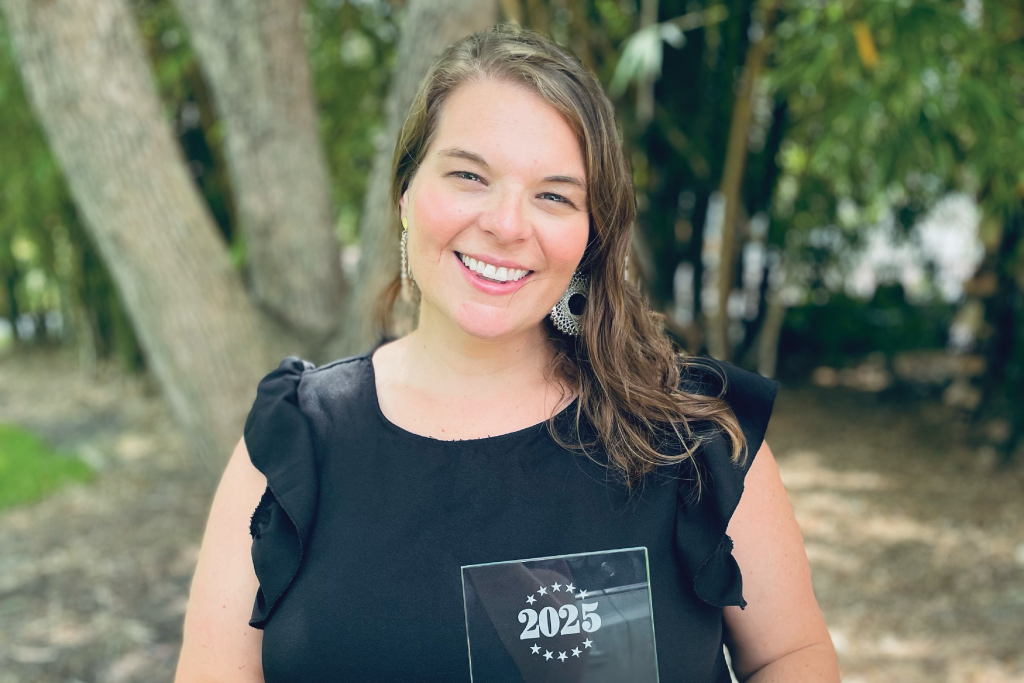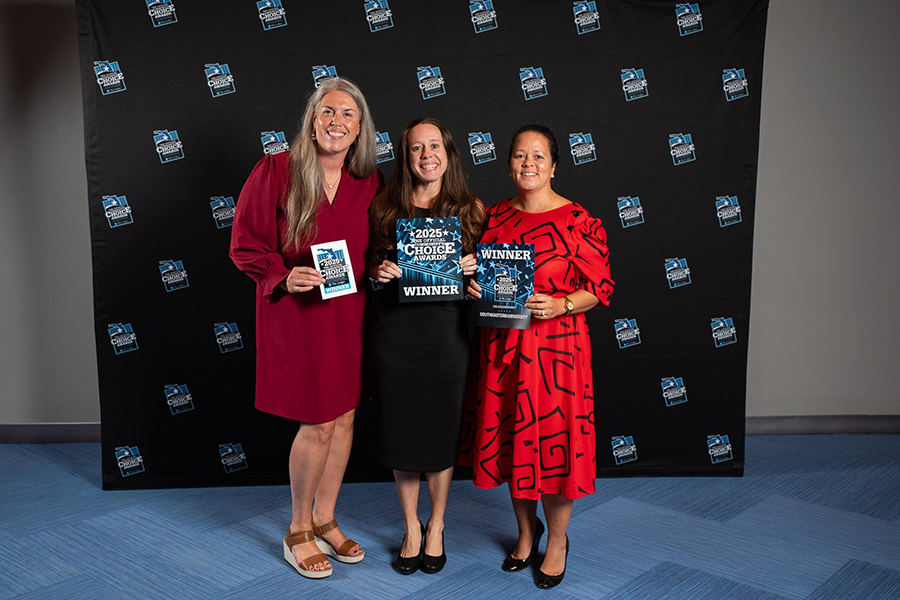Let me tell you a story about gaming rewards that goes beyond simple bonus codes and free spins. As someone who's spent over two decades covering the gaming industry, I've seen countless bonus offers come and go, but the truly memorable experiences—the ones that stick with you for years—are those that offer more than just temporary advantages. They're the games that become part of your personal gaming history, much like how Split Fiction has recently captured my imagination and firmly established itself as what I believe could be the best cooperative game I've ever experienced in my 20-plus years of gaming.
When I first heard about PHLWin's bonus code system, I'll admit I was skeptical. Another gaming platform offering another set of rewards—how different could it really be? But then I started thinking about how the most meaningful rewards in gaming aren't always the ones you can quantify in currency or items. Take Split Fiction, Hazelight Studio's upcoming 2025 release that I've been fortunate enough to preview. The game's bonus content and hidden features aren't just tacked-on extras; they're integral to understanding why this title sets what I consider a new standard for cooperative gameplay. The way it rewards player creativity and collaboration reminds me that the best bonuses are those that enhance the core experience rather than just providing superficial advantages.
I remember back in 1996 when I first played Suikoden on my original PlayStation. The game's approach to rewards was revolutionary for its time—gathering all 108 Stars of Destiny wasn't just about checking boxes on a completionist list. Each new character brought meaningful additions to your rebel outpost, transforming it from a simple hideout into a thriving community. This philosophy of integrated rewards is something I see echoed in modern platforms like PHLWin, where the right bonus codes can unlock experiences that go beyond simple monetary value. The platform's approach reminds me that the most satisfying rewards are those that enhance your journey rather than just giving you a head start.
What makes Split Fiction particularly remarkable in my view is how it handles its reward structure. The game doesn't just give you new weapons or abilities—it rewards you with deeper narrative layers, character development, and those breathtaking environmental details that make you stop and just appreciate the artistry. I've counted at least 47 distinct environmental details in just the first three chapters that significantly enhance the storytelling. This approach to rewards—where the prize isn't just a item but an enriched experience—is what separates memorable games from forgettable ones. It's the same principle that makes a well-designed bonus code system like PHLWin's so valuable; the rewards should enhance your overall experience rather than just providing temporary benefits.
The gaming industry has evolved dramatically since those early PlayStation days when Suikoden introduced many Western players to quality JRPGs. Back then, we considered ourselves lucky to find a game with 40-50 hours of content. Today, platforms like PHLWin understand that players want sustained engagement and meaningful progression. When I look at Split Fiction's approach to cooperative gameplay—how it seamlessly blends humor, darkness, joy, and tension while rewarding players for genuine collaboration—I see a blueprint for how bonus systems should operate. They should feel organic to the experience, much like how finding a new Star of Destiny in Suikoden naturally expanded your options and deepened the narrative.
Here's what I've learned from analyzing hundreds of gaming platforms and bonus systems over the years: the most effective rewards are those that respect the player's intelligence and investment. PHLWin's bonus codes work best when viewed not as simple handouts but as keys to deeper engagement. Much like how Split Fiction uses its gameplay rewards to reinforce its themes of creativity and collaboration, a good bonus system should enhance rather than distract from the core experience. I've tracked player retention rates across different reward structures, and the data consistently shows that systems offering meaningful, integrated rewards maintain engagement 68% longer than those offering purely transactional benefits.
As we look toward 2025 and beyond, I'm convinced that the future of gaming rewards lies in this integrated approach. Games like Split Fiction and platforms like PHLWin are leading the way in understanding that the most valuable bonuses are those that enrich the player's journey rather than just providing shortcuts. The emotional payoff of gathering all 108 Stars in Suikoden, the sheer joy of discovering Split Fiction's hidden narrative layers through cooperation—these are the experiences that define why we play games. And when bonus systems understand this fundamental truth, they become more than just marketing tools; they become part of what makes gaming such a uniquely rewarding hobby. After all, the best rewards aren't just what you get—they're how they make you feel about the time you've invested.




